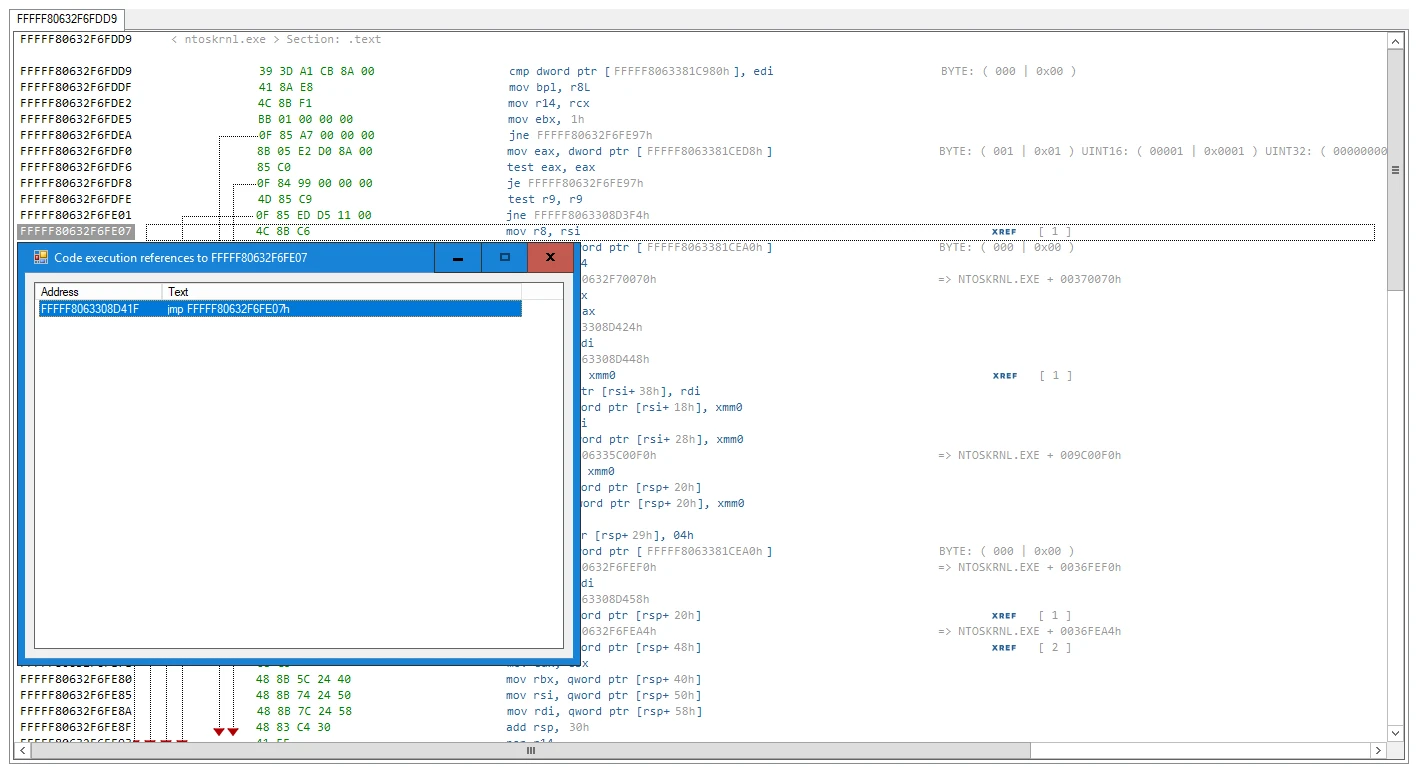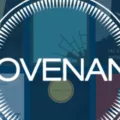Cheat Engine has gained popularity among gamers as a tool to manipulate and modify game variables to their advantage. However, its use comes with certain risks and ethical concerns. In this article, we will explore some alternative options to Cheat Engine that can provide similar functionalities without the potential legal and ethical complications.
One alternative to Cheat Engine is ArtMoney. This software allows users to search and modify game variables, such as health points, ammunition, or in-game currencies. ArtMoney provides a user-friendly interface and supports a wide range of games. It also offers cheat tables, which are pre-made cheat codes for specific games, saving users time and effort.
Another option is Game Guardian, an Android app that allows users to modify game variables on their mobile devices. It offers features like speed hacks, unlimited in-game currency, and character attribute modifications. Game Guardian is compatible with a vast number of Android games and is constantly updated to support new releases.
For those looking for a web-based alternative, Cheat Engine Online can be a suitable choice. This online tool provides similar functionalities to Cheat Engine but eliminates the need for downloading and installing software. Users can simply access the website, search for the game they want to modify, and make the desired changes.
It’s important to note that while these alternatives may provide similar functionalities to Cheat Engine, it’s crucial to use them responsibly and within the confines of the law. Modifying games can be seen as a violation of the game developer’s terms of service and can result in consequences such as account suspension, banning, or legal action.
If you are looking for a cheat engine alternative, options like ArtMoney, Game Guardian, and Cheat Engine Online can provide similar functionalities without the potential legal and ethical complications associated with Cheat Engine. However, it’s important to use these alternatives responsibly and be aware of the potential risks involved.

Is It Illegal to Use Cheat Engine?
Using Cheat Engine is not inherently illegal, but it can potentially lead to legal and ethical complications if used in certain contexts, particularly multiplayer games. Here is a detailed explanation:
1. Understanding Cheat Engine: Cheat Engine is a software tool that allows users to modify the behavior of computer games, typically by altering game code or memory values. It is primarily used to gain an unfair advantage in single-player games, such as increasing character stats, enabling unlimited resources, or bypassing difficult levels.
2. Legality of Cheat Engine: The legality of using Cheat Engine depends on the specific circumstances and the laws of the jurisdiction you are in. In general, using Cheat Engine to modify games for personal, non-commercial use may not be illegal. However, using it to cheat in multiplayer games or to gain an unfair advantage in online competitions may violate the terms of service of the game or the platform hosting the game.
3. Violation of Terms of Service: Most online games have terms of service that outline acceptable behavior and explicitly prohibit cheating or using third-party software to gain an unfair advantage. If you use Cheat Engine in multiplayer games, you are likely to be in violation of these terms of service. Game developers or platform administrators have the right to ban or penalize players who engage in cheating.
4. Legal Consequences: While using Cheat Engine itself may not lead to immediate legal consequences, the act of cheating in multiplayer games can have legal implications. Game developers have the right to take legal action against individuals or groups who engage in cheating, particularly if it involves circumventing digital rights management (DRM) systems or infringing upon intellectual property rights.
5. Ethical Considerations: Beyond legal consequences, using Cheat Engine in multiplayer games raises ethical concerns. It undermines the fair play and competitive spirit of online gaming, negatively impacting the experience for other players. Cheating can lead to frustration, demoralization, and an imbalance in the game’s ecosystem.
Using Cheat Engine is not inherently illegal, but it can lead to legal and ethical complications if used in multiplayer games. It is important to consider the terms of service, potential consequences, and the impact on fair play before deciding to use Cheat Engine in any gaming context.
Is Cheat Engine Not Safe?
Cheat Engine, a popular software used for modifying video games, has been a subject of concern when it comes to safety. Several factors contribute to the perception that Cheat Engine may not be safe to use:
1. Potentially Unwanted Programs (PUPs): The installers of Cheat Engine have been known to include potentially unwanted programs. These programs are often bloatware or malware, which can compromise the security and performance of your computer.
2. Detection as a Virus: Due to the inclusion of PUPs, most anti-virus software detects the Cheat Engine installer as a virus or potentially harmful software. This detection is based on the presence of unwanted or malicious components bundled with the main program.
3. Risk of Malware: While Cheat Engine itself may not be inherently malicious, the fact that it is often associated with PUPs raises concerns about potential malware infections. Users who download Cheat Engine from unofficial sources or unreliable websites may unknowingly expose their systems to malware.
4. Legal and Ethical Considerations: It’s important to note that using Cheat Engine to modify video games is generally considered unethical and can be a violation of the game’s terms of service. This may lead to consequences such as account suspension or banning from online gaming communities.
Are Cheat Codes Illegal?
Cheat codes, also known as cheat devices or game hacks, refer to codes or modifications made to video games that provide players with advantages such as unlimited health, extra lives, or enhanced abilities. The legality of cheat codes is a complex issue that depends on various factors, including the game’s terms of service, copyright laws, and potential violations of the Computer Fraud and Abuse Act (CFAA).
1. Copyright Law:
Cheat codes can potentially infringe upon the copyright of video game developers. Copyright law grants exclusive rights to creators over their original works, including video games. Modifying a game’s code, altering its mechanics, or distributing cheat codes without authorization may violate the developer’s copyright. However, some game developers may tolerate or even encourage cheat codes, allowing players to modify their games within certain limits.
2. Terms of Service:
When you purchase or download a video game, you typically agree to the game’s terms of service. These terms outline what actions are permissible and what constitutes a violation. Using cheat codes that are explicitly prohibited in the terms of service can lead to consequences such as account suspension or termination. Game developers have the right to enforce these terms and take action against players who violate them.
3. Computer Fraud and Abuse Act (CFAA):
The CFAA is a U.S. federal law that prohibits unauthorized access to computer systems. Using cheat codes that involve hacking, cracking, or bypassing security measures may be considered a violation of the CFAA. This law has been used to prosecute individuals involved in creating or distributing cheat codes that bypass game security systems.
Consequences of using cheat codes illegally:
If you use cheat codes in a way that infringes upon copyright, violates a game’s terms of service, or breaches the CFAA, you may face legal consequences. These can include being sued by the game developer for damages, having your game account suspended or terminated, and potentially facing criminal charges under the CFAA.
It is important to note that laws surrounding cheat codes may vary from country to country, so the legal implications can differ depending on your jurisdiction. Additionally, game developers may have their own policies and enforcement strategies regarding cheat codes.
Cheat codes can be considered illegal when they infringe upon copyright, violate a game’s terms of service, or breach the CFAA. It is advisable to familiarize yourself with the specific rules and regulations of the game you are playing and to use cheat codes responsibly and within the boundaries set by the developers.
Conclusion
When it comes to finding a cheat engine alternative, it is important to consider the legal and ethical implications. While Cheat Engine itself is not inherently illegal, using it in multiplayer games can lead to complications. Additionally, the installers of Cheat Engine often include potentially unwanted programs, which can be detected as viruses by anti-virus software.
If you choose to use a cheat engine alternative, it is crucial to be aware of the legal concepts surrounding copyright, contract law, and the Computer Fraud and Abuse Act. Engaging in cheating activities can result in being sued for damages by affected parties or even being prosecuted by the government for felony charges.
Therefore, it is advisable to exercise caution and consider the potential consequences before using cheat engine alternatives. It is always best to play games fairly and within the rules to avoid any legal or ethical complications.








